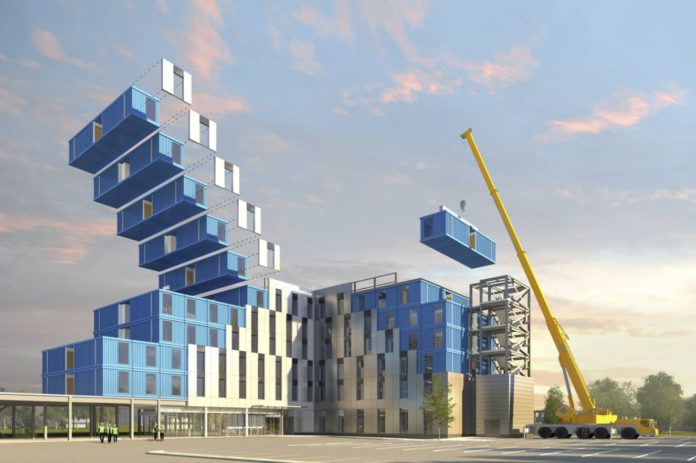In the construction industry, safety and regulatory compliance are not just legal obligations – they’re essential for protecting lives, safeguarding investments, and ensuring project success. Whether on a domestic site or a commercial build, the importance of adhering to the latest standards and best practices cannot be overstated.
The Role of Building Regulations and Industry Standards
Across the UK, strict building regulations are in place to govern structural integrity, fire safety, accessibility, and energy efficiency. BS 8539, for example, provides comprehensive guidance on the correct selection and installation of anchors for safety-critical applications. Following such standards is key not only to compliance but also to long-term performance and risk mitigation.
Fixings: A Hidden but Critical Safety Element
Often overlooked in broader discussions, fixings and anchors play a vital role in construction safety. Inadequate or incorrectly installed fixings can lead to catastrophic failures, particularly in structural or overhead installations. From high-load applications to delicate finishes, selecting certified and tested products is essential.
The Value of Professional Guidance and Testing
Even experienced contractors can benefit from technical advice and support when it comes to specifying fixings. Many leading suppliers offer in-depth guidance, on-site pull-out testing, and assistance with compliance documentation. These services are invaluable for ensuring installations meet safety requirements and perform reliably over time.
Why Choosing Trusted Products Matters
Not all fixings are created equal. Reputable manufacturers provide third-party certification, detailed performance data, and comprehensive support services to help ensure compliance at every stage. fischer is one such example, offering a wide range of solutions designed to meet UK and international safety standards, backed by robust technical expertise.
Building a Culture of Responsibility
Safety isn’t just about meeting minimum requirements, it’s about creating a culture of responsibility and care. Training staff, staying informed about regulation changes, and partnering with suppliers who share a commitment to excellence all contribute to safer, more successful projects.
In an industry where the smallest component can have significant consequences, paying attention to safety and compliance isn’t optional, it’s essential. By using certified products, seeking expert advice, and fostering a proactive approach, construction professionals can build with confidence and integrity.















